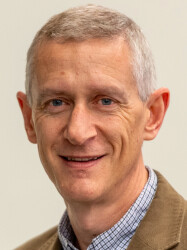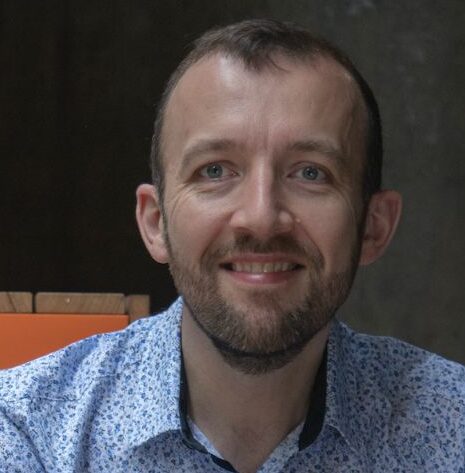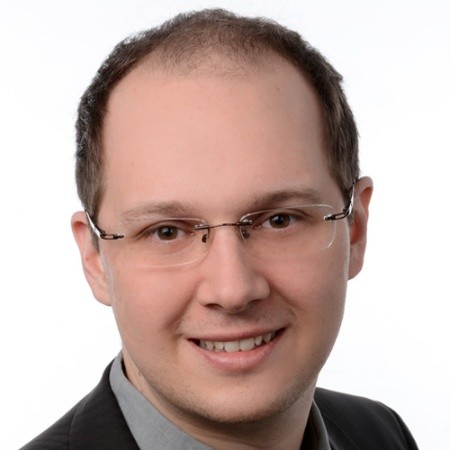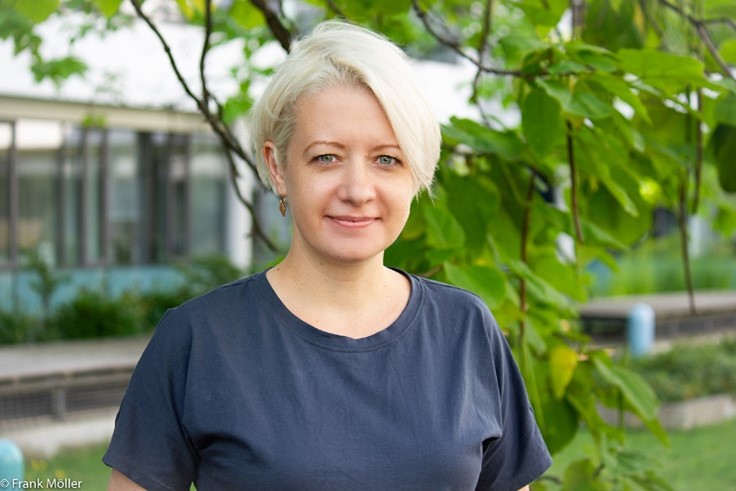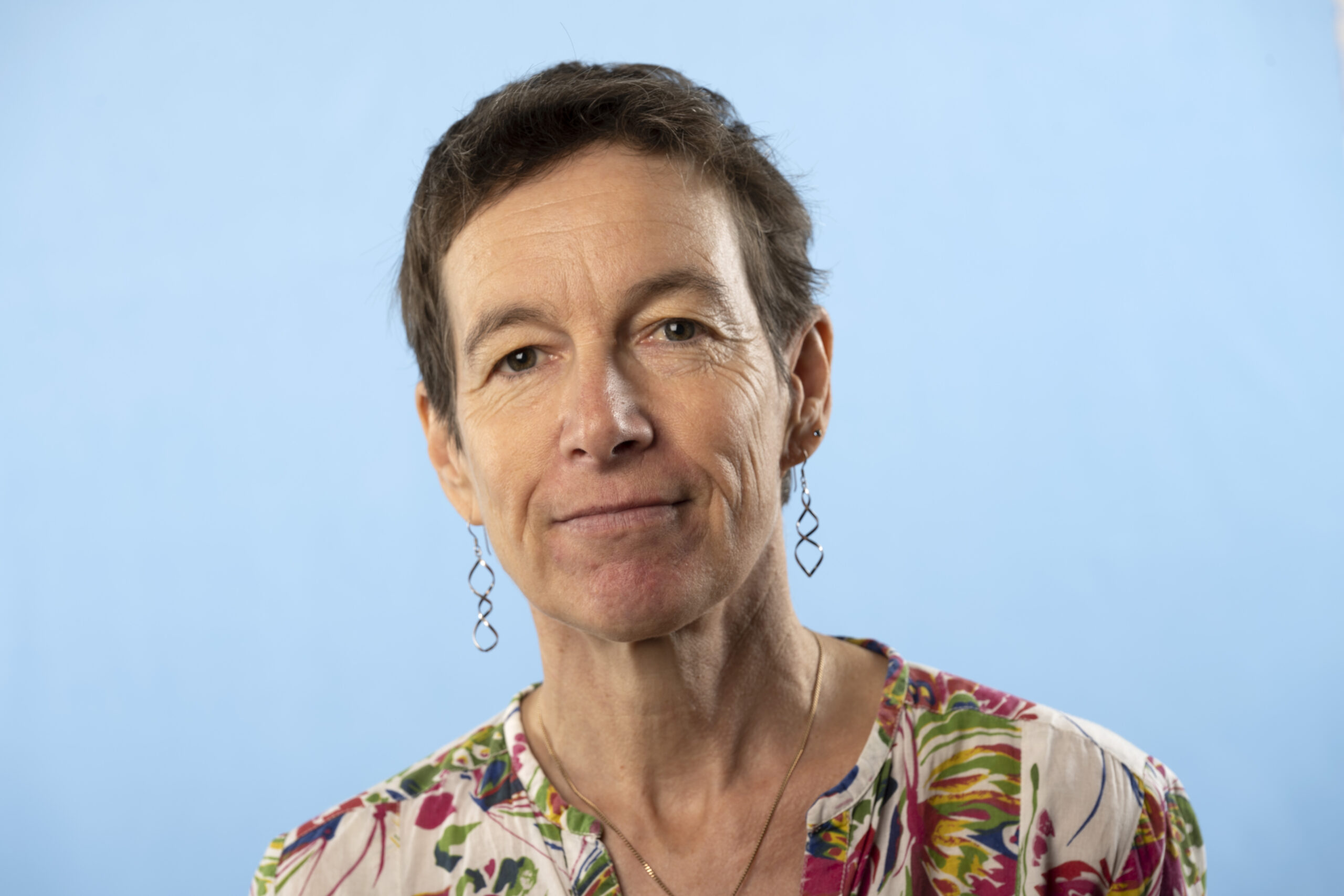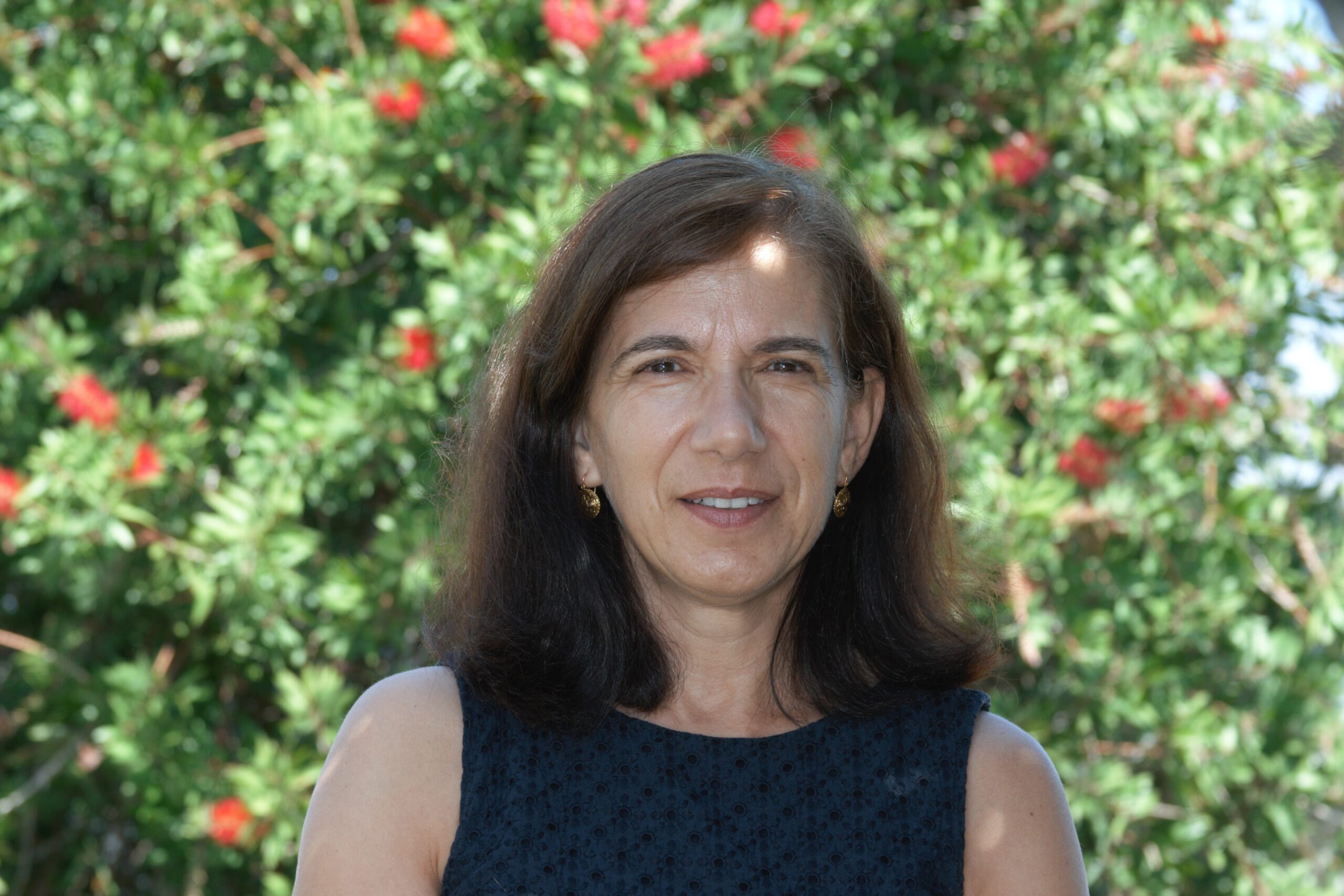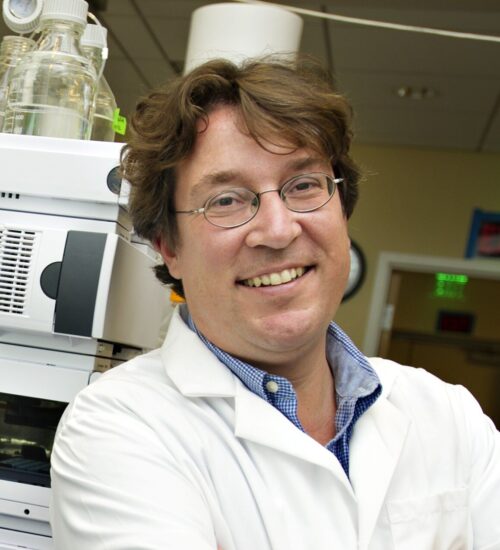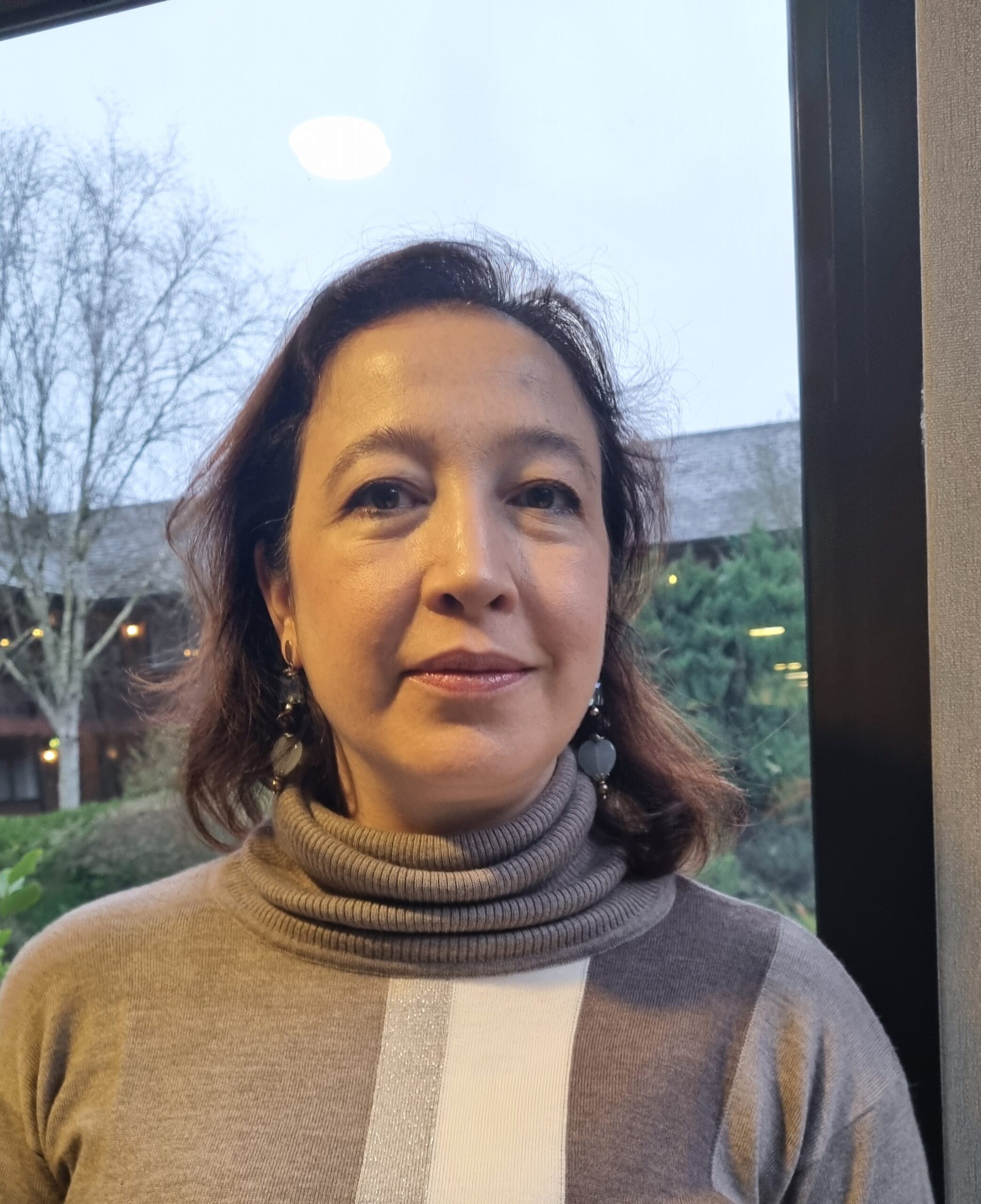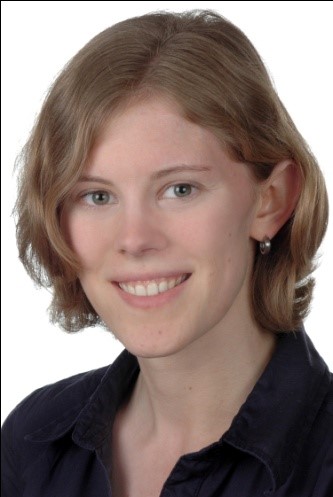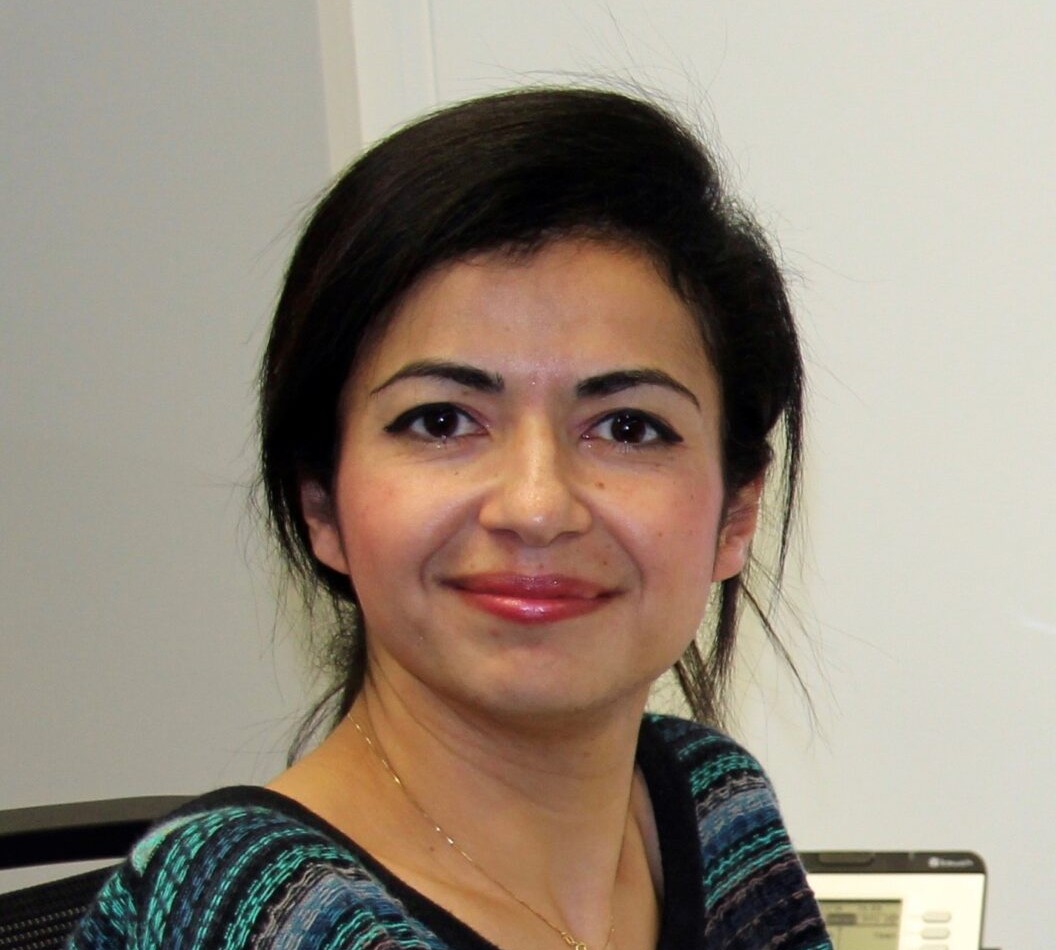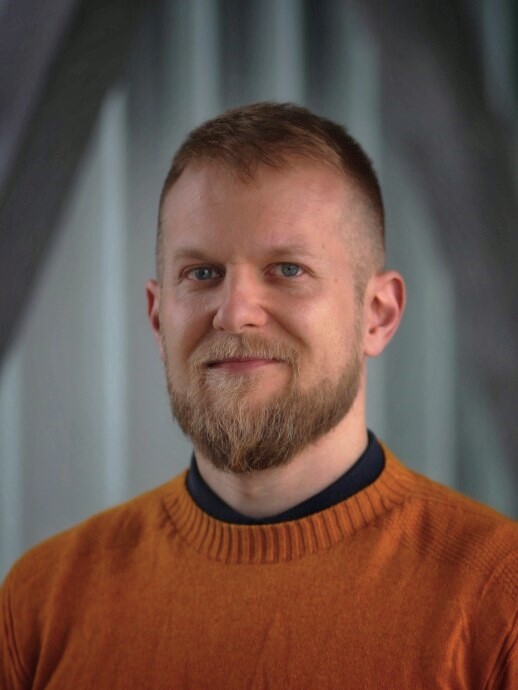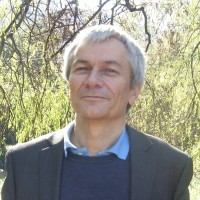Scientific Task Groups
Data Standards Task Group
Data Standards Task Group aims to foster and coordinate efforts in enabling efficient data formats for storage, exchange and verification of information within metabolomics datasets. The Data Standards Task Group will engage with producers or users of data formats such as; database providers, software engineers and instrument vendors working towards standardization and agreements set by metabolomics MSI, HUPO-PSI, COSMOS and other similar community-wide accepted initiatives. We actively work on open-data standards formats and its compliance with minimum information guidelines.
Lipidomics Task Group
LipidMetThe field of lipidomics has grown considerably over the past years and judging by the high number of lipidomics presentations at the meetings of the Metabolomics Society, large number of members are pursuing lipidomics as part of their research as well. Research on lipid biology is a very broad field, and lipidomics has become an essential tool of interest to many scientific societies and initiatives related to lipids. Metabolomics field has dealt with analyses of lipids since its inception (e.g. bile acids, endocannabinoids, steroids, fatty acids, structural lipids, various acylglycerols), while ‘lipidomics’ as a subfield has mainly focused from analytical perspective on comprehensive analysis of major classes of complex lipids such as phospholipids, sphingolipids, triacylglycerols etc.
Given this, it is important to engage the lipidomics community to the degree possible also from within the Metabolomics Society and to contribute to the growth of the lipidomics community. This is also important if we are to significantly impact data harmonization and quality control in this subfield of metabolomics via relevant task groups from Metabolomics Society. LipidMet is a lipidomics task group within the Metabolomics Society, which aims to connect the relevant initiatives in the field, including other related task groups in the Metabolomics Society, International Lipidomics Society, and major international lipidomics networks such as EpiLipidNet (https://www.epilipid.net/).
Specific tasks and activities of the LipidMet:
- Closing the gap between metabolomics and lipidomics analytical solutions
- Optimization and harmonization of workflows for comprehensive coverage of metabolites and lipids, including MS imaging
- Bioactive lipids – from discovery to functions
- Facilitate integration of bioinformatics tools for lipidomics and metabolomics
- Online tutorials and workshops on lipidomics analysis
- Organization of satellite workshops at MetSoc-associated meetings Via early career member network from EpiLipidNET, support MetSoc EMN on questions of lipidomics
- Engagement with industry
Metabolite Identification Task Group
The Metabolite Identification task group is working with the community to build consensus on metabolite identification reporting standards, and to educate the community on best practices.
- To build consensus on metabolite identification reporting standard
- To educate the community on best practices and current tools and resources
MetFAIR – Reproducible Reporting and Metabolite Annotation Task Group
MetFAIR Task Group focuses on the practices related to the reproducible reporting and use of metabolite annotation data across biological studies and research groups globally. In particular, four distinct areas require improvements to enhance the reporting and use of metabolite annotation data:
- The reporting of metabolite annotations in publications, data repositories and other databases presently does not rely on a controlled vocabulary (name or structural identifier) and best practice recommendations are currently not available to assist the metabolomics community.
- Linkage with databases and publishing metabolomics data in (open access) repositories – how to submit data and how to integrate information from different repositories and databases.
- Reporting of metabolomics raw data in publications including but not limited to the multiplicity of signals detected for a single metabolite and how to handle them in statistical analysis.
- Metabolomics data in the context of multi-omics studies – how to handle network and pathway databases with naming and identifier conventions that don’t fit metabolite and lipid identifiers used in our community.
Precision Medicine and Pharmacometabolomics Task Group
The Precision Medicine and Pharmacometabolomics Task Group seeks to catalyze the engagement of our metabolomics community in global initiatives in precision medicine. We will create communication channels to facilitate the incorporation of metabolomics data as a compliment to genomics data in informing about disease heterogeneity and treatment outcomes. We seek to facilitate advancements in the field of Pharmacometabolomics and as enabling tool for Precision Medicine.


